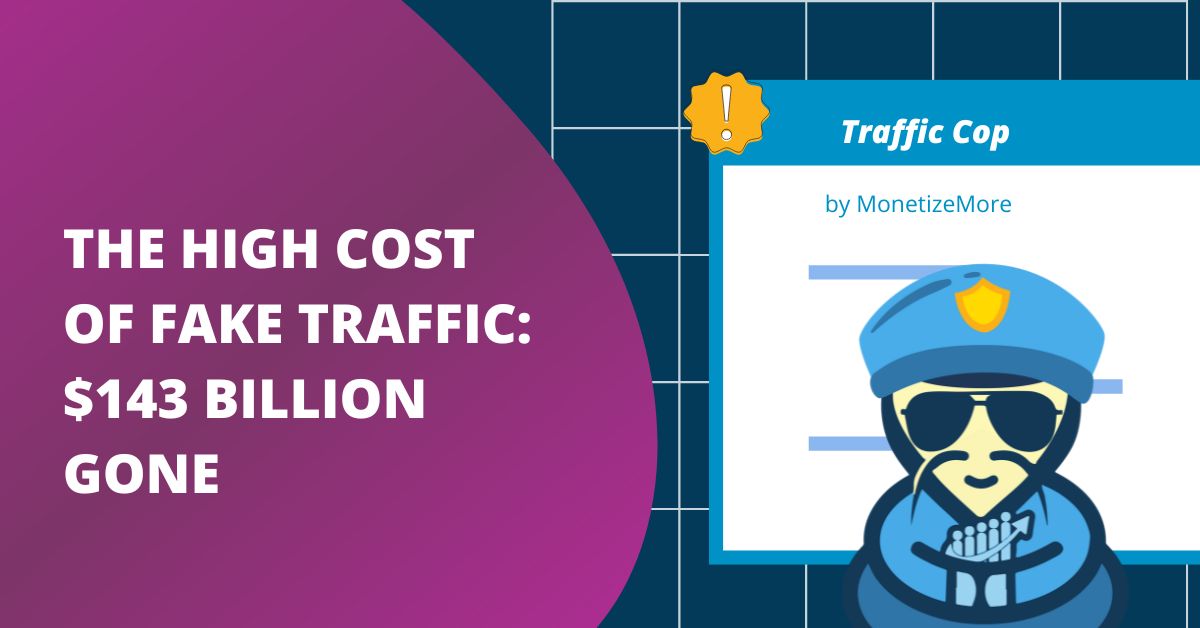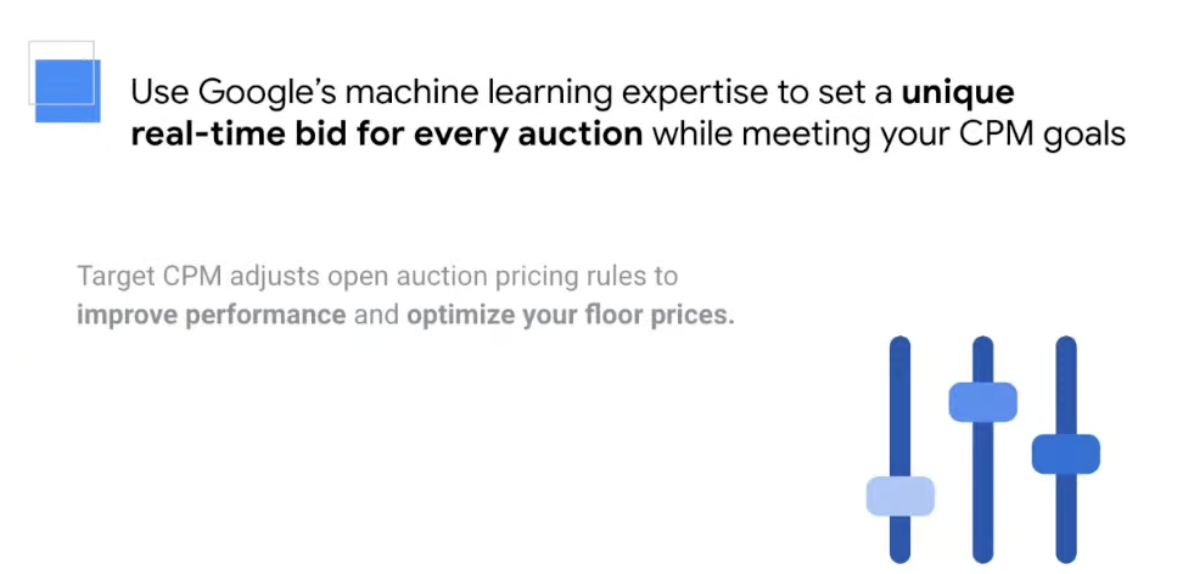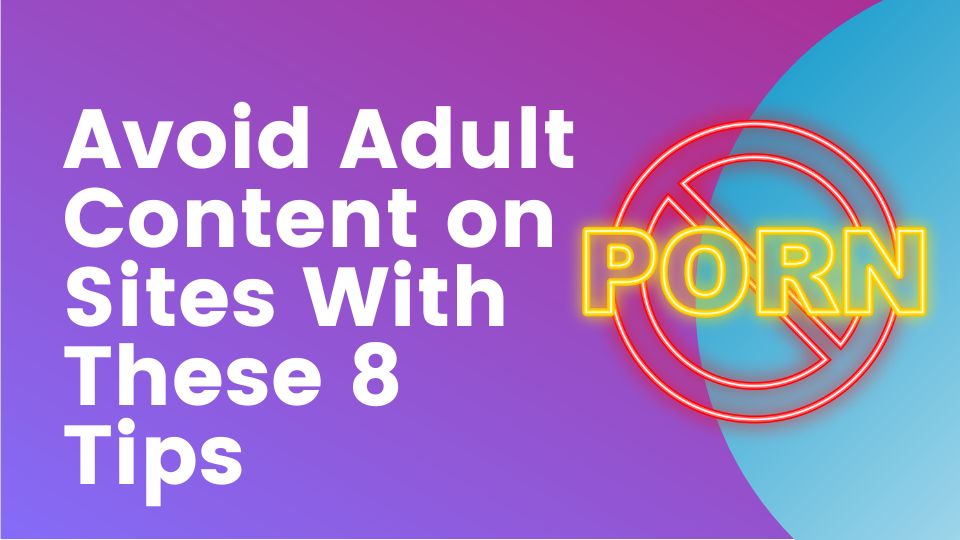
This post was most recently updated on September 20th, 2019
Google announced last week that they will be enforcing a user-consent policy in compliance with the EU data protection law in favor of European Union country users. In general, this is a privacy law that protects web visitors from EU countries by asking for their permission first when accessing websites and apps that use Google products such as Adsense and Doubleclick. This ensures that EU-country users will only share information they’re willing to disclose to third-party networks like Google.
We all know that this is another important step towards a safer world wide web. And it’s one-notch higher than that of Google’s required content for publishers.
Related Read: Google’s EU User-Consent Policy: Steby-by-Step Guide
As early as now, a lot of our publishers have been curious about this policy and how they can better comply with it. So we’re now discussing how this can potentially affect you, as a publisher:
As this policy requires all sites and apps that receive traffic from EU country users, after implementation of a consent-mechanism your analytics data can more or less say something about your EU users’ behavior. Are they turned off by your consent-asking tool? Or did you see a rise in page views and engagement from them as a result of earned user trust? Based on their behavior, you can then devise your most effective content and ad optimization strategy to cater to them.
Related Read: How to Track Demographic Data on Google Analytics for Better Ad Targeting
Because advertisers have been losing millions to fraud, naturally they’ll be more skeptical in choosing traffic sources. You as a publisher who has adhered to the EU user consent policy has a greater chance of being selected by several demand partners because of the safety your site offers not only to users but to advertisers, as well.
Related Read: Google to launch “HTTPS Everywhere” on Ads by June 2015
Adsense publishers know the importance of policy compliance because this type of business model largely depends on Google’s decisions. Just like with any other policy: content, ad implementation, etc, the latest user-consent policy can make or break your ad revenue success. So there is good in understanding this new law and the actions you need to take, as a publisher.
Important Note: Compliance to the policy should be made not later than Sept 30, 2015.
We will be publishing a step-by-step tutorial for common website platform types in order to help our publishers implement consent-mechanisms adherent to the EU user consent policy.
For more details on Adsense policy, you may contact us here.
You can also sign-up for FREE to Ad Exchange or become a Premium Publisher.
Related Reads:

Kean Graham is the CEO and founder of MonetizeMore & a pioneer in the Adtech Industry. He is the resident expert in Ad Optimization, covering areas like Adsense Optimization,GAM Management, and third-party ad network partnerships. Kean believes in the supremacy of direct publisher deals and holistic optimization as keys to effective and consistent ad revenue increases.
Paid to Publishers
Ad Requests Monthly
Happy Publishers



10X your ad revenue with our award-winning solutions.